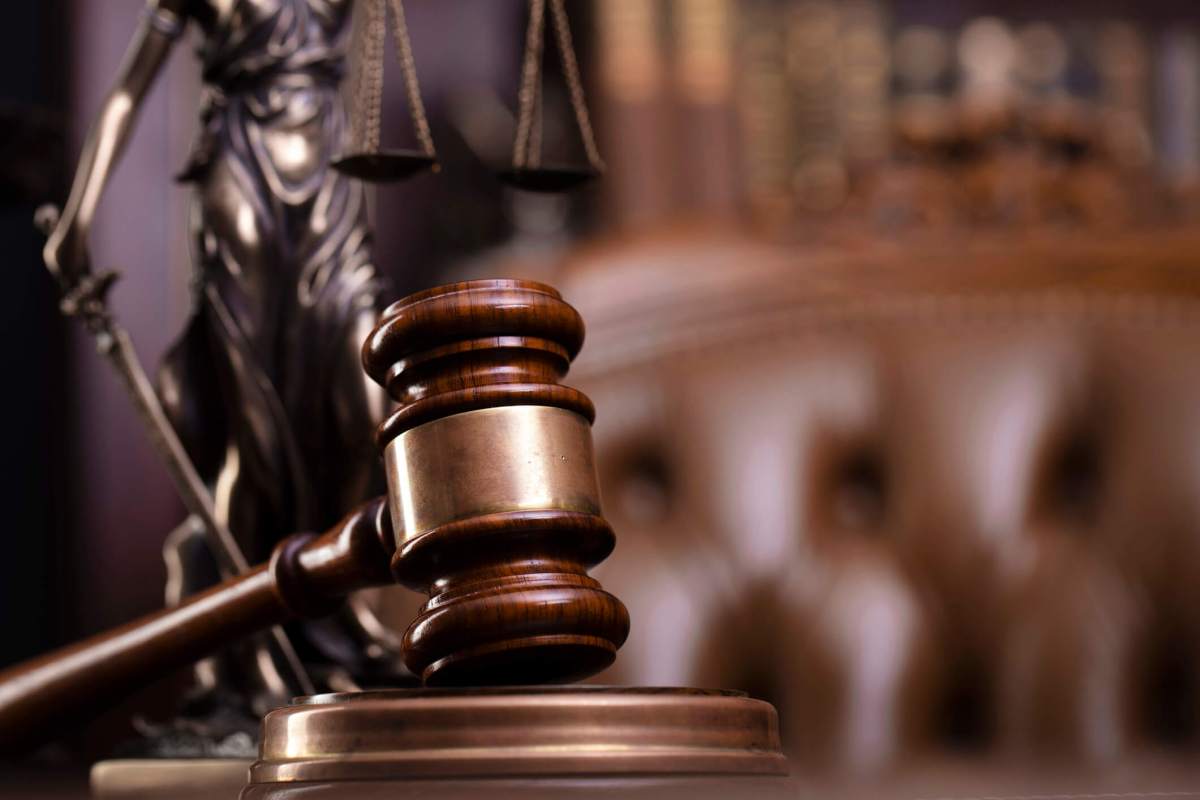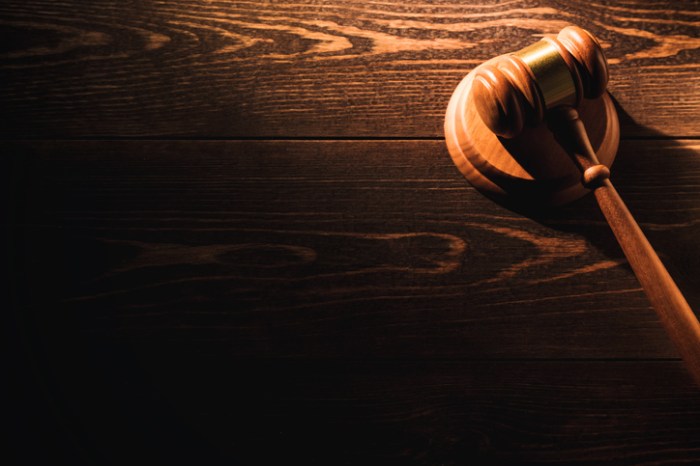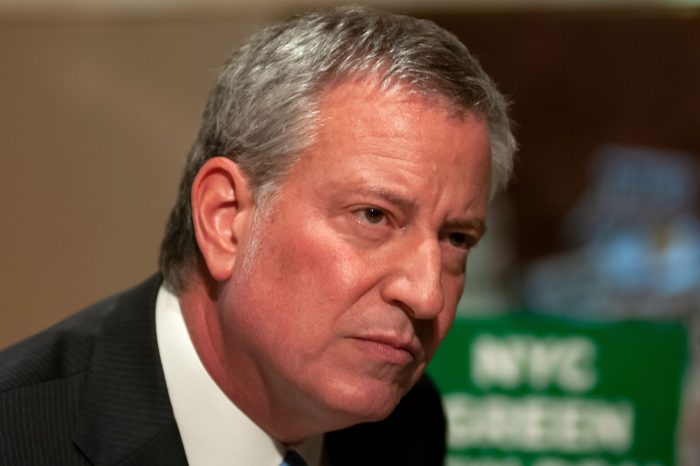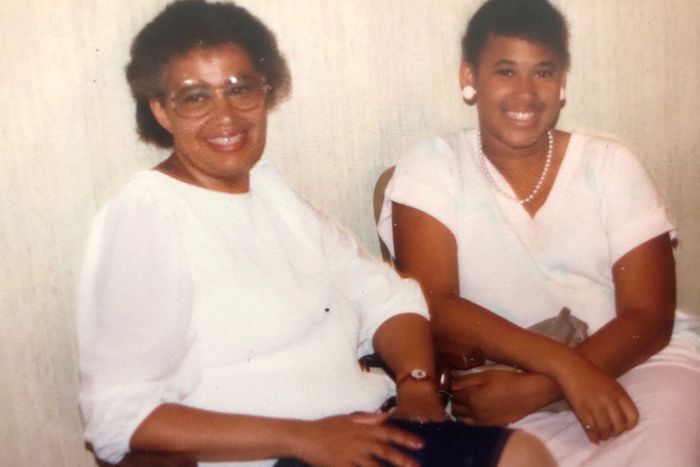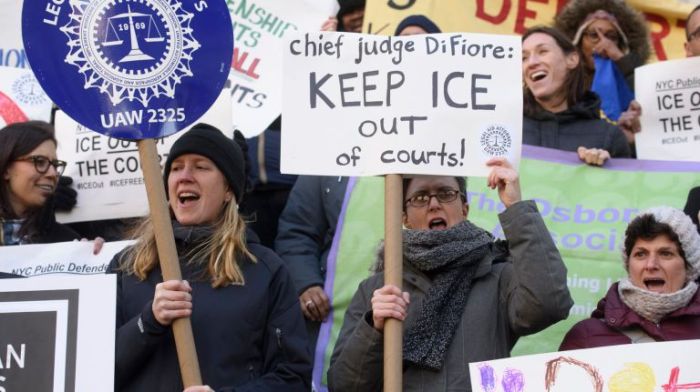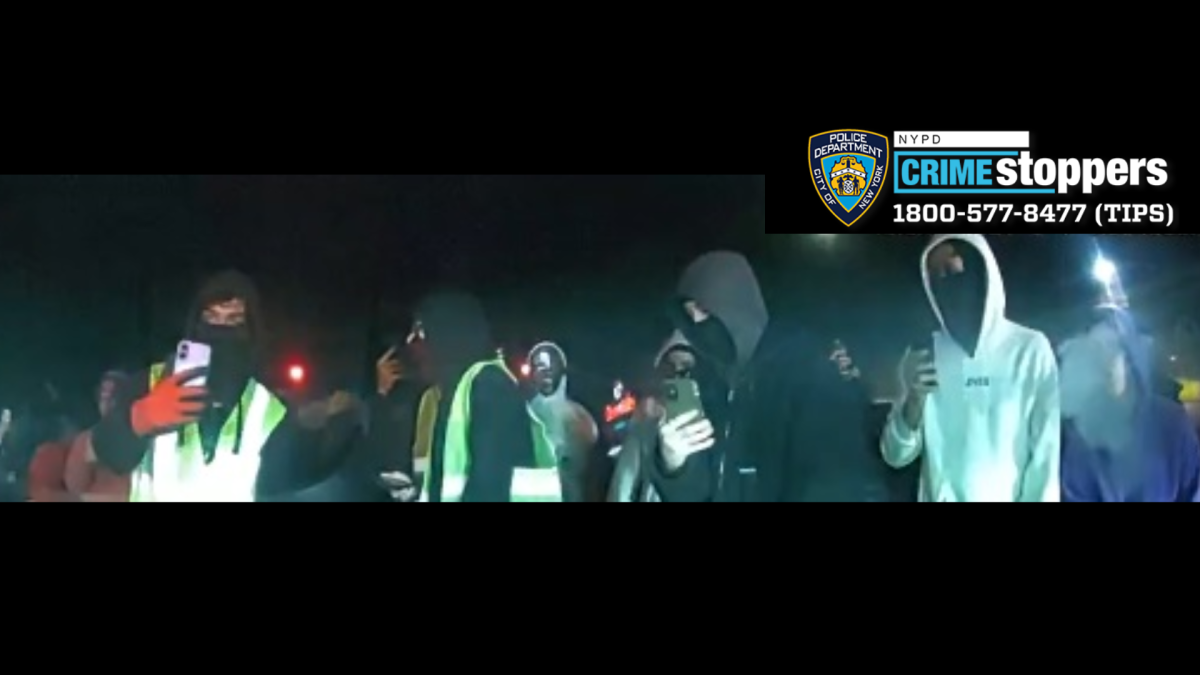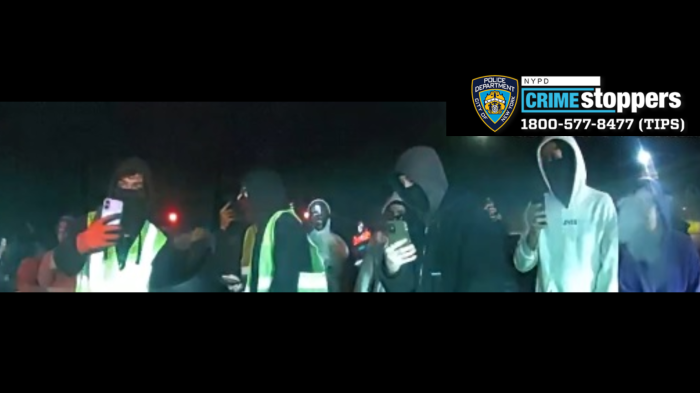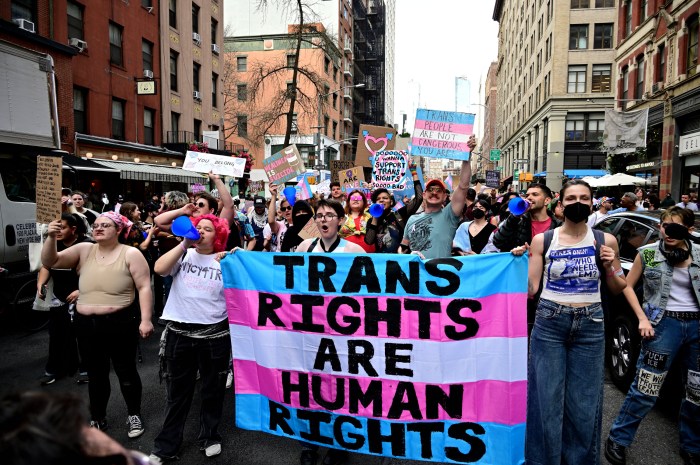New York State Chief Administrative Judge, Lawrence K. Marks officially announced the launch of the Midtown Community Court’s Misdemeanor Mental Health Court (MMHC) on Monday, their newest subsection designed to more effectively evaluate the low-level crimes of those offenders living with a serious mental illness— which will be overseen by the Hon. John Zhuo Wang.
The MMHC will respond to each case involving an individual suffering from mental illness in accordance with the reframed judicial resolutions set forth by the Midtown Community Court, which has redefined the court’s actions to low-level offenses such as shoplifting and illegal drug use, by mandating individualized sanctions (such as social services and community service) that are restorative to both the community and participants.
“With this new development, defendants will be immediately linked with the services they need, and we will attack the root causes of crime in our neighborhoods,” said Senator Brad Hoylman.
Since participation in the MMHC is voluntary, following their initial hearing in a NYC Criminal Court, those with serious mental health symptoms or a history of mental illness may be referred to the new court, where treatment plans will be adapted to each individual participant’s needs.
Such services being offered include counseling, substance abuse treatment, housing assistance and job training. And those who complete the mental health court’s treatment and other requirements may have their charges reduced or dismissed.
“Safety does not start with police or jails or the justice system. When vulnerable individuals are experiencing housing instability, trauma, living with mental illness, or substance use disorders, they need support,” the Midtown Community Court retweeted recently.
Alongside the announcement of the MMHC, there was also an inclusion of the newest revision to the Midtown Community Court’s specialized Youth Part, a subsection of the court which offers alternatives to the existing prosecution of young adults charged with low-level crimes.
The Youth Part has been expanded to include young adult offenders ages 18 through 25, a jump from 18 through 23. The purpose of this modification, according to the New York State Unified Court system, is to reduce the risk of recidivism by targeting the root causes for criminal justice involvement and, similar to the MMHC, link offenders to age-appropriate programs and interventions: “such as individual and group counseling, case management services, harm reduction services and coping skills.”
As complaints to 911 with reports of what the NYPD termed EDPs — “emotionally disturbed persons” — have nearly doubled over the last decade and are still on the rise, the court has turned their focus to reducing the rate of crime and incarceration, as well as improving the public’s trust in the justice system.
“The Court’s new mental health court, along with the expanded eligibility and programming of its youth part, will help ensure better case outcomes and improve public safety,” said Chief Administrative Judge Marks
Misdemeanor Mental Health Courts have also been implemented or are underway in New York City’s other boroughs and in counties around the State.



